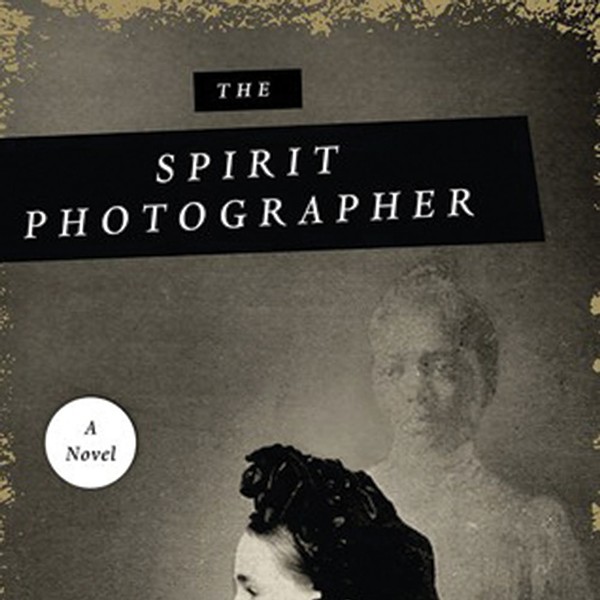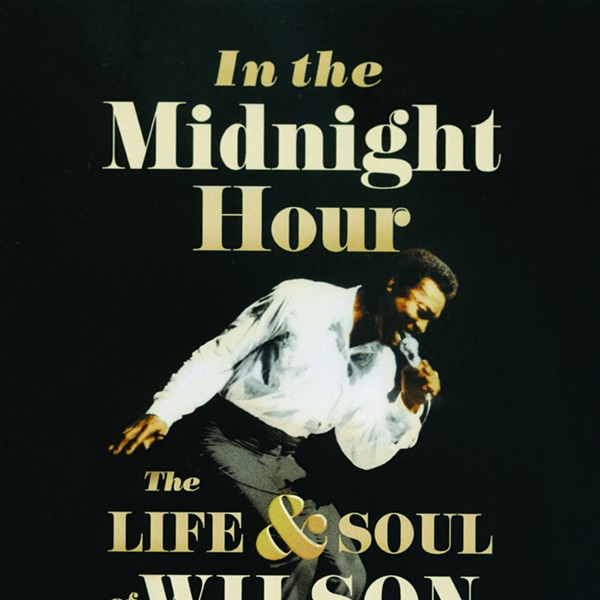The contents of Ashbery’s bucket may confound, even enrage, some readers. Adam Kirsch wrote in the New Republic, “Ashbery, like God, is most easily defined by negatives. His poems have no plot, narrative, or situation; no consistent emotional register or tone; no sustained mood or definite theme. They do not even have meaningful titles. So complete is Ashbery’s abandonment of most of what we come to poetry for that his achievement seems, on first acquaintance, as though it must be similarly complete: a radical new extension of poetry’s means and powers, or an audacious and wildly successful hoax.”
Ashbery is aware of his reputation for inscrutability, but insists that the poems are their own explanation. In his collected lectures on poetry, Other Traditions, he wrote, “As a poet who cares very much about having an audience, I’m sorry about the confusion I have involuntarily helped to cause; in the words of W. H. Auden, ‘If I could tell you, I would let you know.’ ”
In addition to lecturing at Harvard, Ashbery has taught writing at Brooklyn College and Bard. “I try to figure out the way a young poet wants to write, and point him in ways that turn out to be helpful,” he says. He assigns students to write poems based on Italian rebus puzzles and Max Ernst collages, or “translate” from languages they don’t speak, such as Finnish. “I try to disorient them, really—disorientation being a state of mind from which poetry emerges. It’s for their own good.” There’s that smile again, cracked in the center, suggesting a mischievous schoolboy.
Ashbery spent his school years in two very different households. His father owned an orchard in western New York; Ashbery still seems to shudder recalling his “terrible temper.” He spent most of his early childhood with his maternal grandparents in Rochester. His grandfather was a physics professor, gentle, bookish, and “interested in whatever was new”: X-rays, talking pictures.
Young John adored movies. “The RKO Palace was a real palace, sort of like the Eighth Wonder of the World, with grand chairs in the lobby, ornate decorations. I won a contest to be on the Quiz Kids radio program—the final quiz was held on the stage of the RKO,” he recounts. “The first movie I ever saw was the 1933 Alice in Wonderland, with W. C. Fields as Humpty Dumpty and Gary Cooper as the White Knight. I was five. It was a double bill with Disney’s Three Little Pigs—no, Frank Buck in Bring ’Em Back Alive. He was a sort of adventurer and animal explorer. They showed a python swallowing a live pig. It was amazing because it was a movie—anything on the screen would have been equally amazing.”
When John turned 7, his grandfather retired and moved to a country house on Lake Ontario. “I always felt this as the end of paradise, a place I could never go back to,” Ashbery says, turning his gaze out the window.
The Victorian house in Hudson, found after a long search that Kermani likens to “scouting for a film location,” reminded the poet of his grandfather’s house in Rochester. Kermani claims that Ashbery fell in love on the front porch, telling the realtor “I’ll take it” before he’d seen all of its rooms.
Ashbery describes moving into his home as a “way of reliving a pleasant childhood.” He opens his eyes very wide, a characteristic expression which seems to suggest he sees more than most people. “Not everyone goes out and tries to replicate it. Most people would be content just to remember their childhood—I don’t know what it says about me that I wanted to live there.”
Like John Ashbery’s poetry, it says many things at once, letting each listener find his own meaning. And though Ashbery must rank among the least autobiographical of contemporary poets, such musings may bring to mind the closing lines of “A Man of Words,” from Self-Portrait in a Convex Mirror: “Just time to reread this / And the past slips through your fingers, wishing you were there.”
















